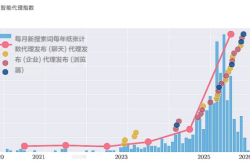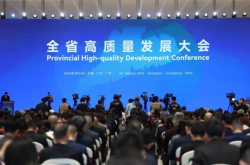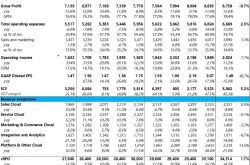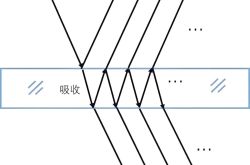Jumei's Fall from Grace, Almost Gone
![]() 11/05 2024
11/05 2024
![]() 571
571
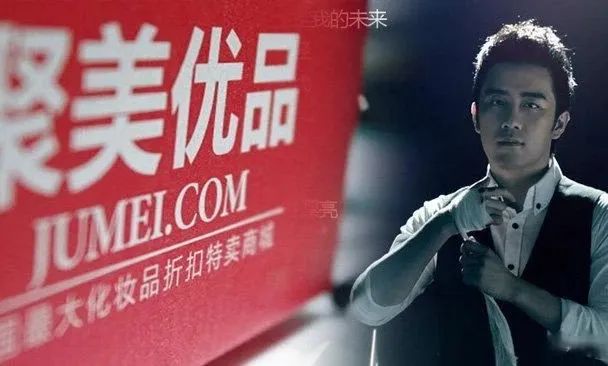
How did Jumei International Holding Ltd. fall from grace step by step?
Produced by|New Product Strategy Finance
Author|Wu Wenwu
It's a pity to see a well-known beauty e-commerce platform decline from its glory days and fall from grace.
Jumei International, the once-popular beauty e-commerce platform among young beauty enthusiasts, was awkwardly thrust into the spotlight due to an administrative penalty.
According to New Product Strategy Finance, Beijing-based media outlet Hongxing Capital reported that Beijing Kexin Information Technology Co., Ltd., the operator of Jumei International, was fined 20,000 yuan by the Miyun District Market Supervision and Administration Bureau in Beijing recently.
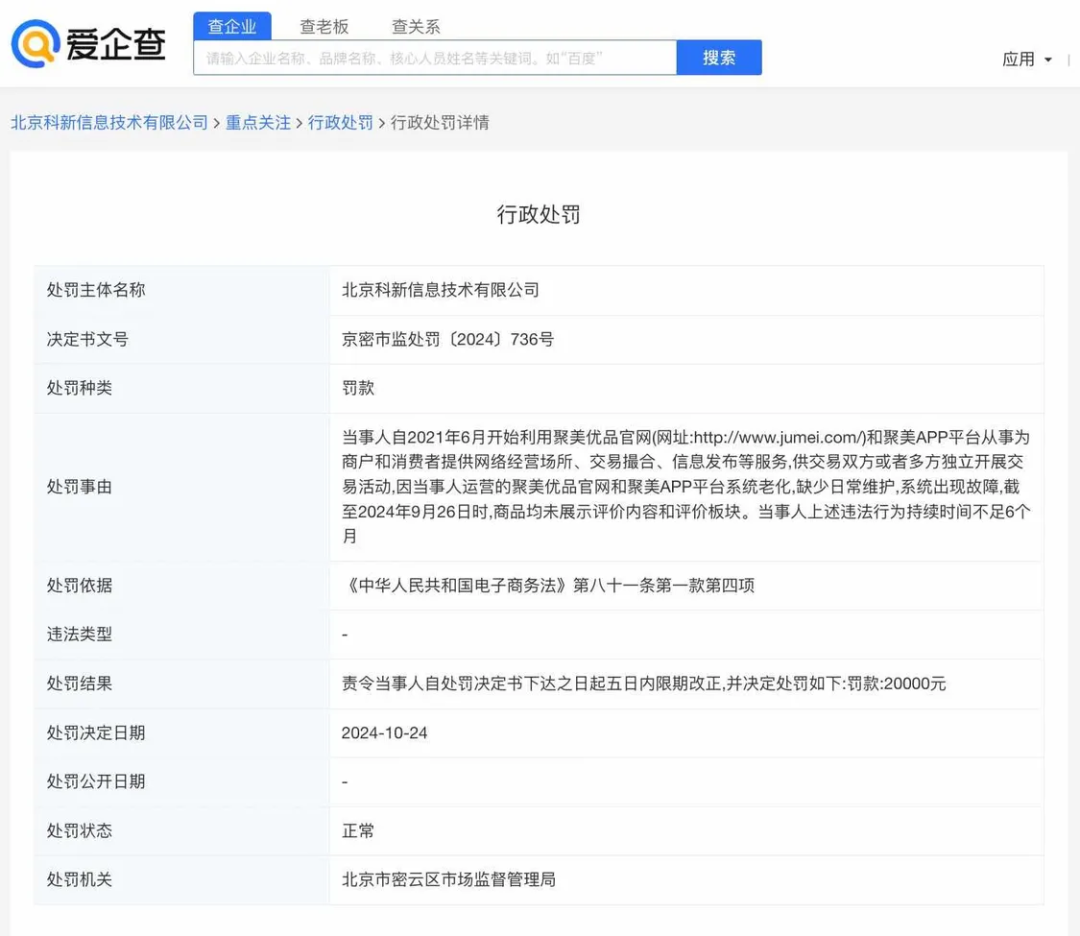
While it's not uncommon for e-commerce platforms to receive penalties, Jumei International's case is particularly embarrassing. The penalty was mainly due to system aging and lack of routine maintenance, resulting in platform malfunctions and inability to properly display product reviews and evaluation sections on both Jumei International and its app.
New Product Strategy Finance attempted to visit the official Jumei International website but found it inaccessible, with a message displaying that the system was under maintenance and that more features were being added.
Jumei International has long lost its presence in the e-commerce world. If not for this administrative penalty and subsequent media coverage, many might have forgotten its existence.
What development story does Jumei International, the once-glorious beauty e-commerce platform, have to tell? Why has it lost its luster and fallen from grace?
01
Once Adored by Beauty-Loving Youths
Looking back at Jumei International's development journey, it rose during the golden age of China's Internet e-commerce and declined during the mobile Internet e-commerce era, making for an interesting narrative.
When discussing Jumei International, its founder, Chen Ou, cannot be overlooked. In a sense, Jumei International is Chen Ou, and Chen Ou is Jumei International.
Chen Ou was born in Deyang, Sichuan, in 1983. An academic standout since his school days, he won numerous Olympiad awards in elementary school, skipped a grade upon graduation, and was admitted to Nanyang Technological University in Singapore at the age of 16 with a full scholarship.
According to media reports, Chen Ou began his entrepreneurial journey while studying at Nanyang Technological University. His first venture was successful but was later taken over by a professional manager, forcing him to step aside. However, Chen Ou still earned his first pot of gold.
After graduating from Stanford University in the United States in 2009, Chen Ou decided to return to China to start a business. After market research, he chose to focus on e-commerce, particularly the beauty segment within the appearance economy.
In March 2010, Chen Ou and his team founded Tuanmei.com, pioneering the cosmetics group-buying model by recommending over a dozen popular cosmetics daily on the website. Relying on positive reviews for authentic products, Tuanmei.com quickly gained popularity, surpassing 100,000 registered users within five months of its launch.
Tuanmei.com soon upgraded to Jumei International, marking the beginning of its rapid growth. Jumei International's popularity soared, winning the favor of countless beauty-loving youths. Many friends of New Product Strategy Finance were avid fans of Jumei International at the time.
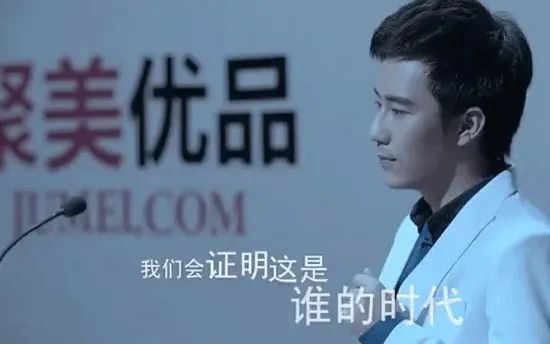
As Jumei International's reputation grew, so did its sales. In October 2010, its monthly sales exceeded 10 million yuan. By its first anniversary, sales had surpassed 500 million yuan. During its anniversary celebration, Jumei International officially announced Han Geng as its spokesperson, further boosting its popularity.
What truly catapulted Jumei International to superstardom was its founder, Chen Ou, becoming its spokesperson. In October 2012, Jumei International released an advertisement starring Chen Ou with the famous line, "I'm Chen Ou, and I speak for myself." This line went viral, sparking an internet meme known as "Chen Ou Style."
After the advertisement's success, both Chen Ou and Jumei International saw a massive influx of traffic. Within a few short years, Chen Ou's Weibo followers surpassed 40 million, making him a superstar and idol to many beauty-loving youths.

In 2014, Jumei International, which had been established for only four years, went public on the New York Stock Exchange. At 31, Chen Ou joined the Forbes China Rich List with a net worth of 7.65 billion yuan, and Jumei International reached its peak market value of 5.6 billion dollars.
Chen Ou's popularity and influence at the time rivaled that of modern tech tycoons like Lei Jun and Zhou Hongyi.
02
Jumei International's Fall from Grace, Almost Gone
Just as people expected Jumei International to continue its rapid growth and become a leading e-commerce platform, its fate took a dramatic 360-degree turn.
Soon after, Jumei International faced a series of negative events, including trust crises, fake product scandals, reputation collapses, declining performance, and plummeting stock prices. Within a year of going public, its market value had plummeted by 60%.
As Jumei International's performance declined and its financial reports became increasingly unflattering, it was inevitably abandoned by the capital market. Following a sharp drop in stock prices, Jumei International completed its privatization in April 2020 and delisted from the New York Stock Exchange.
With Jumei International trending on social media due to the administrative penalty, there has been renewed discussion about why this once-glorious beauty e-commerce giant was abandoned.
It's undeniable that Chen Ou and Jumei International had forward-thinking business acumen, focusing on the beauty vertical market and quickly gaining popularity.
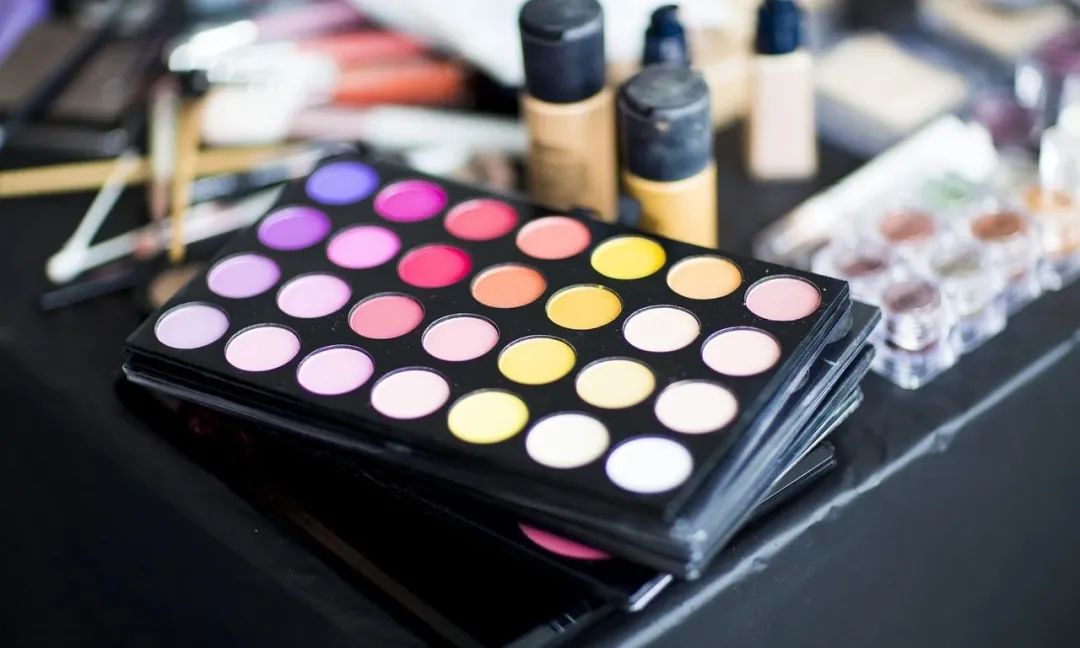
From the start, Jumei International aimed at the e-commerce industry, precisely focusing on the beauty market. With its group-buying model and claims of collaborating with international luxury cosmetics brands to provide authentic products to consumers, it quickly attracted many beauty-loving women, especially young consumers, establishing a leading position.
In 2013, Jumei International announced partnerships with many international luxury brands. However, consumers valued these brands, viewing Jumei International merely as an e-commerce sales platform.
Soon after, Jumei International faced a backlash when Lancôme, Guerlain, DHC, and other international brands denied having signed any cooperation agreements with them. This news caused an uproar within and outside the industry.
From a consumer perspective, if Jumei International hadn't partnered with these international brands, there was no guarantee that the products they purchased were authentic, leading to a crisis of brand trust.
Further compounding Jumei International's woes was the subsequent fake product scandal, which further eroded consumer trust.
A year after the brand authorization controversy, a Jumei International supplier was exposed by the media for selling products to customers using falsified brand authorizations and customs declarations. This news directly associated Jumei International with these fraudulent practices.
Jumei International rose to fame due to traffic and fell due to the same. During its heyday, Jumei International had a large following, especially due to Chen Ou's endorsement, which significantly boosted its fan base and traffic.
When Jumei International faced brand trust and public opinion crises, it was quickly consumed by the backlash, similar to the negative impact of modern internet celebrities' scandals.
At the peak of its development, Chen Ou was not satisfied with the beauty vertical market and began a series of investments. For example, in July 2015, Jumei International invested 1.55 billion yuan in Babytree, a vertical mother and baby community platform. In 2016, Chen Ou ventured into the film industry by investing nearly 100 million yuan in the TV series "A Warm Chord."
Most notably, in 2017, Jumei International entered the shared power bank industry by investing 300 million yuan in Street Charger, leading to an online spat with Wang Sicong.
Last October, it was reported that Chen Ou had entered the short video sector, establishing a short video business company and investing in short video production bases. Phoenix Weekly reported in November 2023 that Chen Ou had lost 30 billion yuan in six years but was making a comeback in the beauty industry. However, Chen Ou's investments in short videos have yet to produce a hit.
Many of Jumei International's later investments spanned diverse industries, failing to complement or synergize with its original main business. These investments consumed significant funds, leaving outsiders puzzled about Chen Ou and Jumei International's foreign investment strategy.
From the perspective of the evolving e-commerce industry, Jumei International's early success was built on focused market segments and differentiation strategies. However, as e-commerce giants like JD.com and Taobao began to focus on the beauty business, Jumei International, already on a downward trajectory, was ill-equipped to compete.

Furthermore, in the era of mobile internet, short videos, and live streaming, Jumei International failed to capture the traffic of the times, lagging behind and falling further behind.
Today, major and minor beauty brands worldwide are engaging in short videos and live streaming sales. Why would anyone choose Jumei International when consumers have more shopping options?
As a result, Jumei International has fallen from grace. Not only has it failed to keep up with the development of the e-commerce era, but it has also been ruthlessly abandoned by consumers. Jumei International is almost gone.
03
Conclusion
Jumei International, born in the golden age of China's Internet e-commerce industry and rising to fame through its unique group-buying model, had its moments of glory with Chen Ou at the helm.
Later, Jumei International faced authorization controversies, triggering trust crises. Fake product scandals further collapsed consumer trust. As Jumei International invested in more ventures, its original beauty business suffered.
The e-commerce landscape is fiercely competitive, with advancements in internet technology and diversifying application scenarios. Especially in the mobile internet and short video eras, traditional e-commerce platforms must keep pace with the times. However, Jumei International has gradually fallen behind and lost its presence, now on the brink of collapse.
Jumei International's rapid rise and subsequent fall provide many thought-provoking business lessons. Its future direction and whether it can make a comeback through short videos remain uncertain, but in the e-commerce world, Jumei International is no longer significant.

